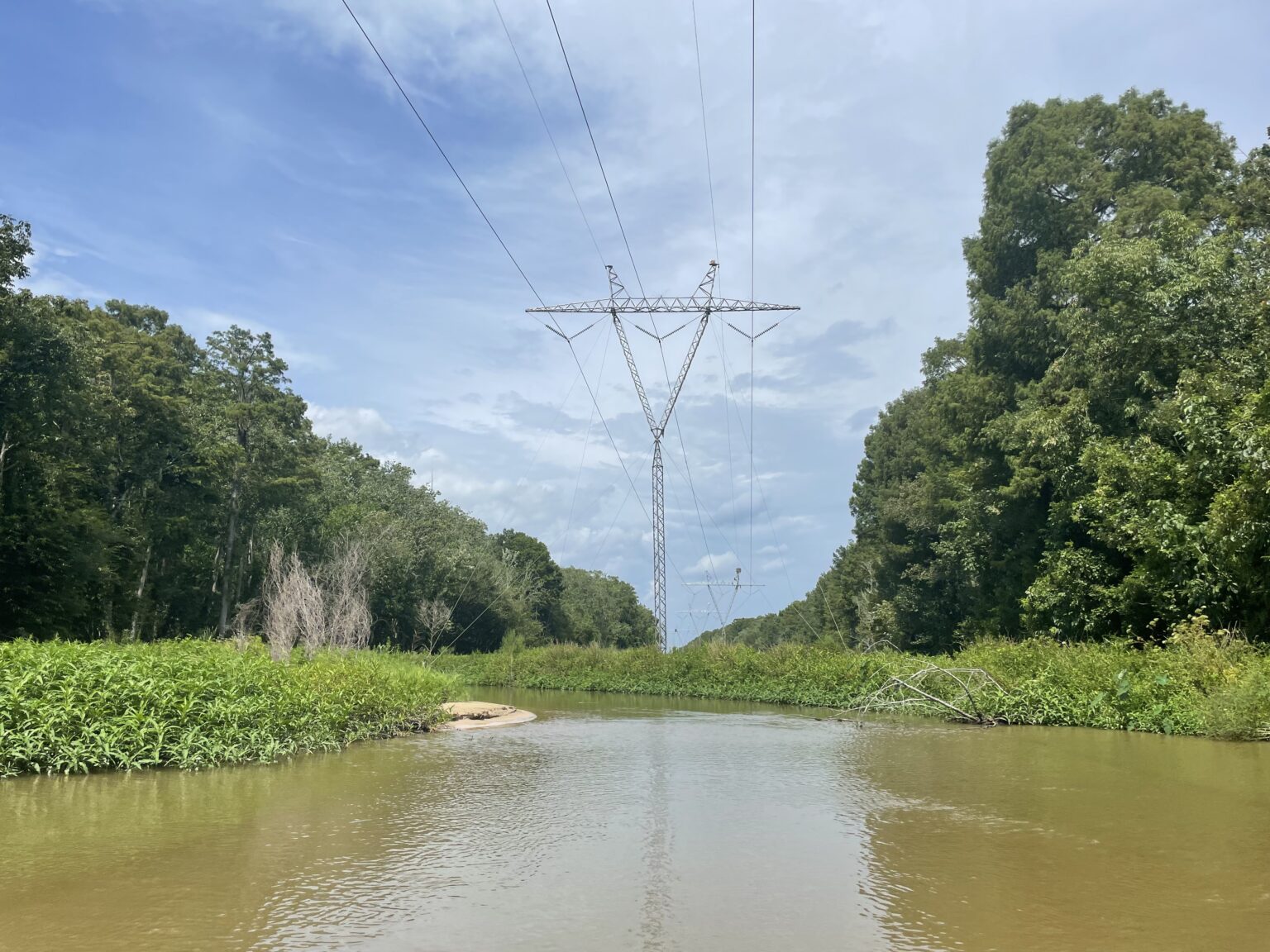On Tuesday, Louisiana voters in 13 parishes will decide who will fill a vacant seat on Louisiana’s Public Service Commission, a little known but powerful five-member body that regulates electric companies, oversees telecommunications services, and sets utility rates.
The person elected to District Two of the Public Service Commission will fill the seat left by Dr. Craig Greene, a moderate Republican who was seen as the commission’s sole swing voter. He is not seeking re-election. Earlier this year, Greene voted alongside the two Democrats on the commission to approve energy efficiency programs aimed at reducing electricity costs for residents. The other two Republicans on the commission voted against the measure.
Elections for the Public Service Commission have historically been clouded by industry campaign donations. Campaign finance reports filed this week appear to show that industry donations have once again played a role in the elections, despite one candidate’s commitment to not take any money from regulated entities.
Both ratepayers and utility companies have a lot at stake in this election. In 2022, more than 150,000 Louisiana households with incomes 50% below the Federal Poverty Level spent more than a quarter of their income on electricity bills, according to Home Energy Affordability Gap data. As of July 2024, nearly 80 percent of Louisiana’s electricity comes from natural gas, followed by nuclear, coal, and renewables, according to data from the U.S. Energy Information Administration. Two Republicans and one Democrat are running to fill Greene’s position.
In 2022, the Louisiana Democratic Party took in more than $90,000 from utility companies known to fight efforts to boost renewables during the District Three Public Service Commission race. Climate candidate Davante Lewis ultimately won the seat, despite his Party spending more than $30,000 on mailers and text messages endorsing his opponent. Campaign finance reports showed that Lewis did not receive any in-kind donations from the Louisiana Democratic Party or money from utility companies during the election.
Commissioner Lewis has continued his commitment to not take industry donations while serving. He said he plans to work with a state lawmaker to introduce a bill during the next legislative session that would bar regulated entities from donating to the campaigns of Public Service Commissioner candidates.
“You have to raise funds to run for office but we need other people to be invested in why these decisions matter than just the utilities who may benefit from the commissioners’ decisions,” he told DeSmog. Lewis said the Public Service Commission is a powerful body that not only makes decisions that impact Louisianans’ electricity bills, but also the water they drink and the air they breathe. “It can really change the trajectory of services that are vital to our daily lives,” he said.
Nick Laborde, the Democrat candidate for the District Two race, has committed to not taking a cent from utility companies or anyone with business before the Public Service Commission. His Republican opponents — state Senator Jean-Paul Coussan and lawyer Julie Quinn — have not made similar commitments.
This week candidates filed their most recent campaign finance reports with the Louisiana Ethics Administration. Coussan raised nearly $466,000 in campaign donations, including more than $25,000 from utility and telecommunication companies, according to his October 28 filing. Quinn raised about $124,000, including $11,000 from utility companies and AT&T. Without industry donations, Laborde raised the least. In total, he raised about $4,500, none of which appeared to come from regulated entities.
Lewis has endorsed Laborde in his run for office. “With Nick on the commission we will be able to accelerate our renewable energy, hold utility companies accountable, lower our rates, fix our grid, and make the necessary investments for people to be resilient and sustainable for the catastrophic weather that we are seeing,” Lewis said.
Subscribe to our newsletter
Stay up to date with DeSmog news and alerts






